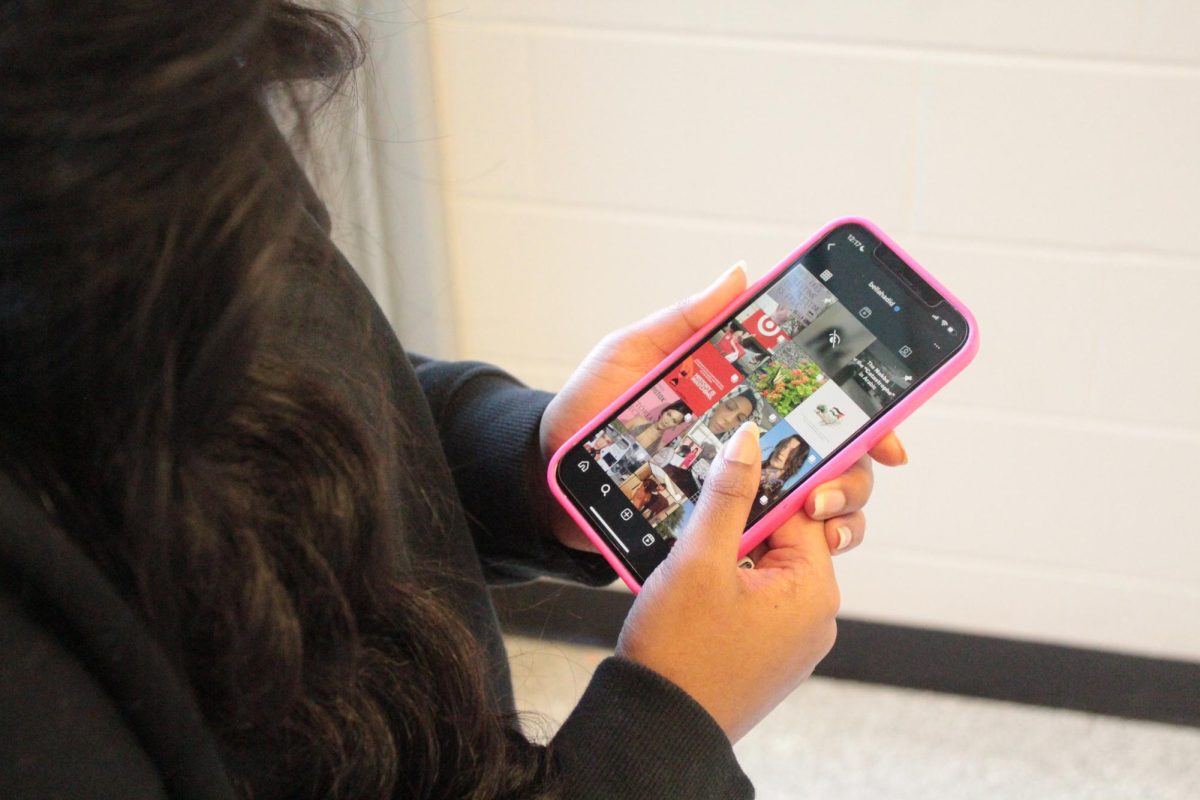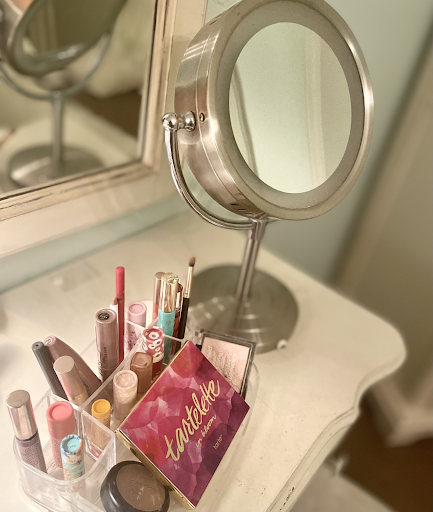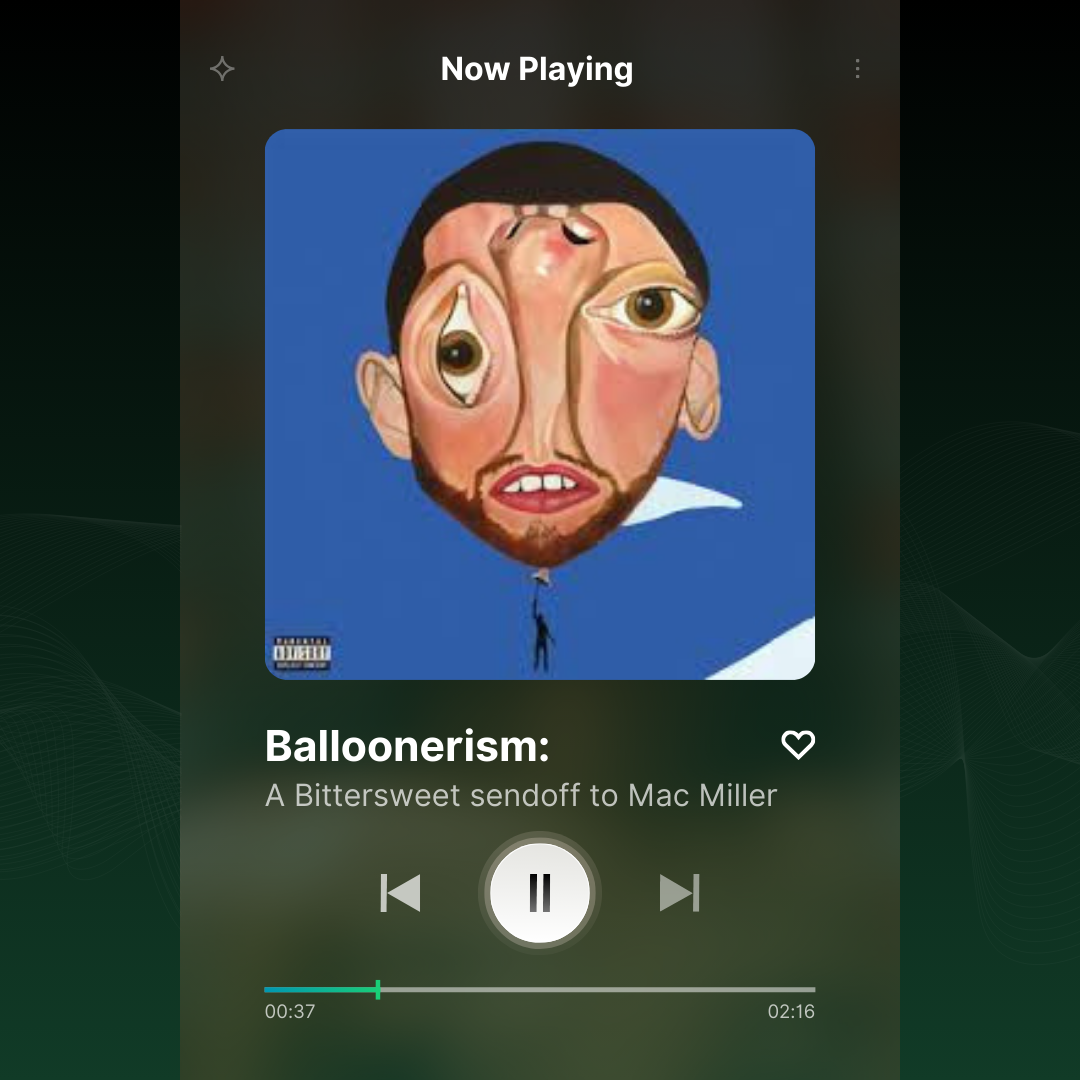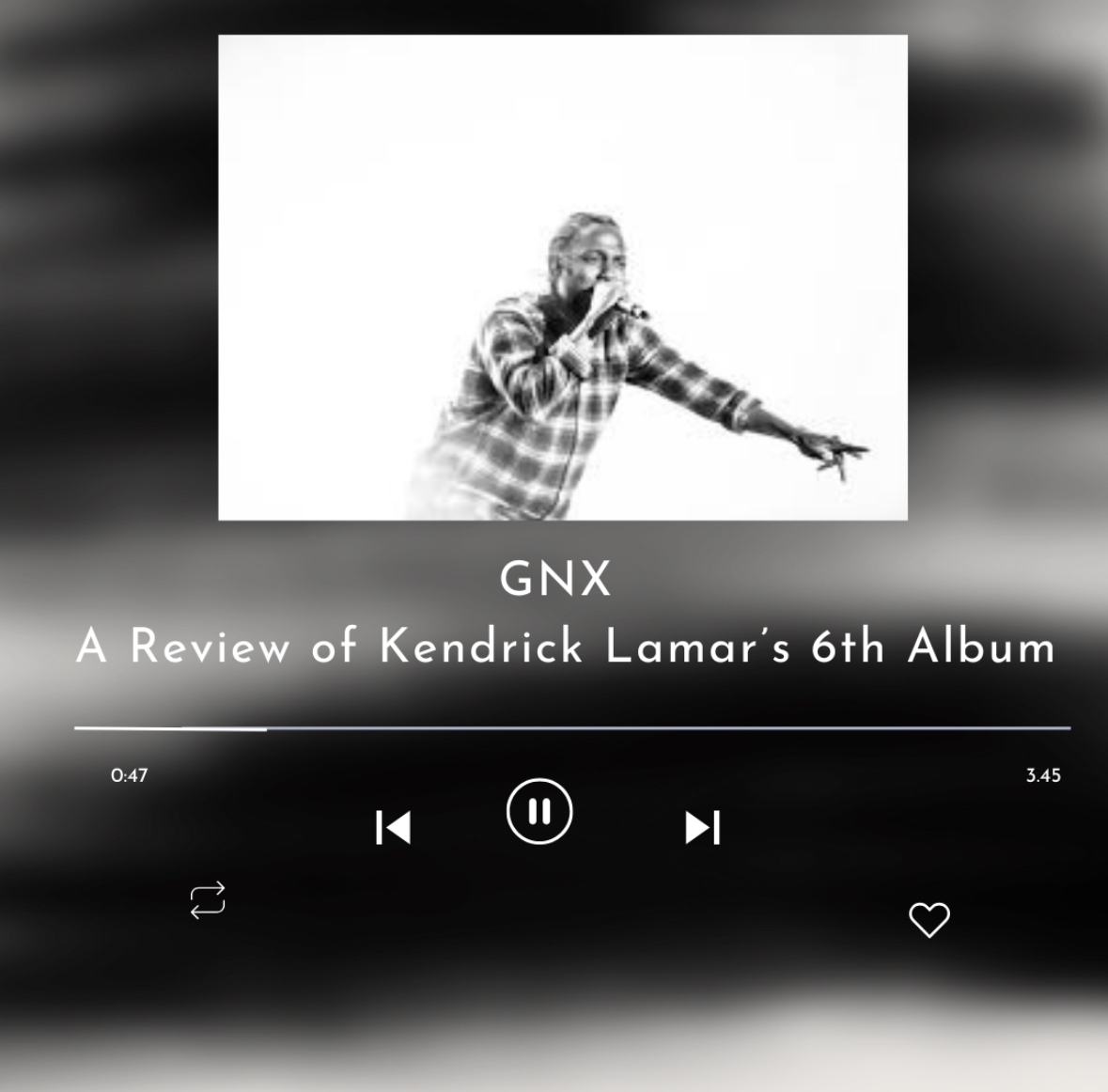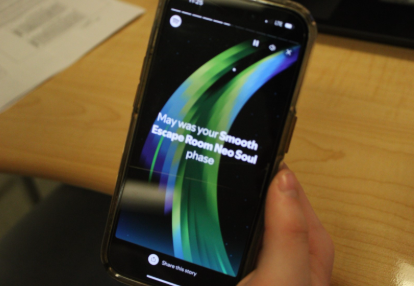The Purpose of Influencer Platforms: Should Influencers Be Obligated to Speak Out on Current Affairs?
“Check the link in my bio for ways you can help!”
Throughout the midst of the Israel-Hamas war, I see the above quote flooding my timeline. I recall the same phrase being frequently used when social media influencers were speaking on the Black Lives Matter movement in 2020. Influencers often post about current affairs, but many people think all influencers must use their platform to speak out while others believe it is not their obligation.
Many people today do not watch traditional news channels anymore; instead, they rely on social media posts from their favorite influencers to inform them. With a busy work life and juggling multiple things throughout the day, watching the news on television hasn’t been the most practical. Instead, seeing an Instagram post or story about certain political topics may be more effective. Social media sites have high shares of users who regularly go to the site for news. A survey concluded that 53% of the 55.1 million X users receive their news from the app.
Influencers come into play when discussing news media consumption among the youth. Sama Alsamraee (‘25), President of the Muslim Student Association, gives her input on whether influencers discussing political topics are helpful. “If your role model is posting about something like Palestine and how there’s a genocide, then you’re going to want to form your own opinions…you start telling people about it and then everyone wants to learn.”
During 2020, there was an influx of influencers who started to use their platform to share news. For example, during the 2020 election, influencers were urging everyone, but more specifically young adults, to vote in the general election. Biden’s team also started to work with social media influencers, to increase voter engagement. There was an increase in voting during the general election year: 53% of those aged 18-34 votes in 2020, which was a 9% increase from 2016.
Alongside social media influencers, celebrities are often demanded by their audiences to post about current events. Some speak out because they feel compelled to while others participate in performative activism in the fear of getting canceled.
“Everybody should post even if they are not really connected to the topic in some way.” Alsamraee said.
Meanwhile, Patriot High School student Sarah Nkenni (25’), says that “we shouldn’t be so focused on what influencers and celebrities have to say, because at the end of the day, many will say what is in their best interest whether it’s money or followers.”
During the Israel-Hamas war, many influencers are speaking out in the hopes that everyone will eventually shed light on it. For example, Bella Hadid, a famous runway model, has been very vocal in advocating for Palestinian rights. With this, some modeling brands like Dior have refused to work with her due to her beliefs. Some influencers have the same fear as they can refrain from posting as they might lose brand deals.
“Discussing political topics could be potentially harming to influencers. Although their opinion may resonate with some followers that share similar views, it could also simultaneously make others feel separated, which could impact their overall influence, resulting in a loss of followers and brand partnerships,” Nkenni says.
A great deal of people believe that influencers and celebrities do not have the obligation to post as they don’t have the credentials. Influencers may accidentally get their facts wrong when posting about current issues, which would result in weakening their credibility. Their viewers could become angry with them, which could ultimately lead to them getting canceled.
“Many people, especially on social media, will hyper-fixate on influencers and ‘she said this’ and ‘he did that’ instead of the actual issue at hand,” Nkenni said.
Current events need to be talked about, but it’s the matter of where and who the information comes from and if they truly care. Nobody likes insincerity and a lack of compassion.


